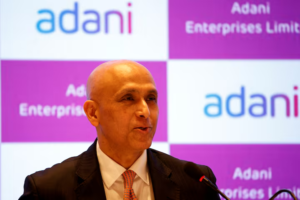
Nigeria is undergoing a significant transformation in its transportation sector as rising transport prices urge authorities to seek alternatives.
After the removal of petrol subsidies in August, transportation costs skyrocketed, pushing the country into its most severe cost-of-living crisis in decades.
In response, the Nigerian government has turned its gaze towards natural gas, specifically through the introduction of a Compressed Natural Gas (CNG) initiative.
With the aim of tapping into Nigeria’s substantial gas reserves, the CNG initiative was rolled out to replace petrol in public transportation.
This program has set a goal to convert over one million of Nigeria’s 11 million vehicles to run on CNG within three years.
According to Michael Oluwagbemi, director of the initiative, more than 100,000 vehicles have already been converted, with a substantial investment of over $200 million from the government.
Despite the promising outlook, experts highlight the challenges of slow implementation and inadequate infrastructure as major hurdles for the CNG transition.
Nevertheless, the government projects that this shift could reduce transportation costs by nearly 50%, providing much-needed relief to bus operators facing dwindling passenger numbers and earnings.
While the path forward may be rocky, Nigeria’s commitment to embracing natural gas presents potential for bolstering its economy and relieving the burden of inflation on its citizens.





